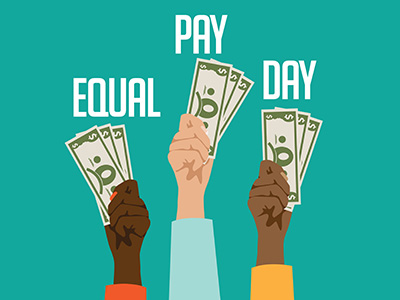This post was drafted with contribution from Annie Prasad, law clerk.
The Supreme Court has made federal contracting more treacherous by extending the reach of False Claims Act (“FCA”) liability. While the decision related to FCA liability for misrepresentations related to staffing levels, the case may provide a roadmap for federal officials looking to trigger FCA claims against contractors who are noncompliant with federal labor laws enforced by the Department of Labor. Specifically, those at risk of debarment or cancellation of contracts due to noncompliance with Executive Order 11246 or the proposed Fair Pay and Safe Workplaces Executive Order may be at risk of more serious penalties.




